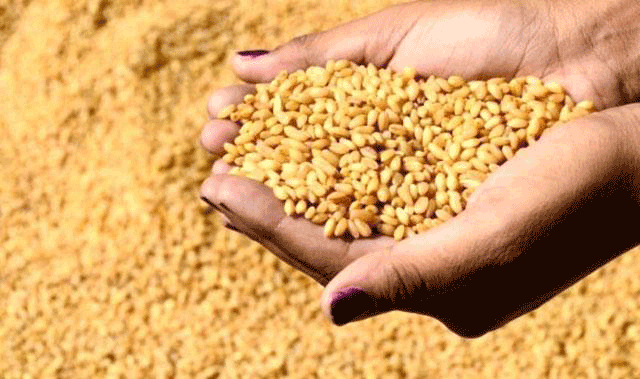You are here
Experts mull over potential economic fallout of Russian-Ukrainian crisis
By Rayya Al Muheisen - Mar 06,2022 - Last updated at Mar 06,2022
AMMAN — The Russia-Ukraine crisis stands to reshape the global economy and is predicted to have a long-term negative economic impact on the Kingdom, according to economists and local sector representatives.
The crisis between Russia and Ukraine has pushed up natural gas prices, as well as oil and wheat prices, and is expected to have a further negative impact on global economies.
“We should be prepared for the worst,” Khaleel Al Haj Tawfiq, head of the Amman Chamber of Commerce (ACC) told The Jordan Times.
Tawfiq stated that the effect of the global crisis has “not hit Jordan yet”.
International wheat prices have already increased from $300/tonne to $470, with the Jordanian government committed to stabilising the prices of flour and bread in the market. Bakeries and local flour suppliers will most likely bear the brunt of increased prices.
“Russia and Ukraine produce almost 60 per cent of the global vegetable oil stock,” Haj noted.
Haj stated that “Jordan does not import any essential commodities from Russia and Ukraine except for vegetable oil,” further noting that “there will always be import substitutes for essential commodities if the crisis expands”.
“Jordan has enough supply and stock of essential commodities,” Haj added.
If the crisis expands, countries will keep their reserve of essentials, leading to a global price hike in commodities such as wheat, vegetable oil and most importantly, natural gas.
Economist Wajdi Makhamreh says that the timing of the crisis directly after the price hike brought on by the pandemic, and international freight rates, is “critical”.
“Inflation is currently seen in most countries globally,” Makhamreh added.
He said that the global increase in oil prices is believed to have a medium and long-term effect on the Kingdom.
“We urge the government to find substitutes for supplies of any essential commodities imported from Russia and Ukraine,” Makhamreh said.
Economist Khaled Salameh explained that “most of the European countries rely heavily on natural gas from Russia — any disruption in the supply of gas will result in an increase in the manufacturing costs of European products”.
“Globally, governments are on stand-by mode,”added Salameh.
“There will definitely be long-term ramifications due to the Russia-Ukraine crisis,” he said.
He stated that the crisis will lead to “huge global market implications” as it is well known that Russia is the world›s largest producer of wheat alongside Ukraine.
Related Articles
AMMAN — A recent decision by the Jordanian government to cooperate with Algeria to plant wheat and barley in the north African country for c
AMMAN — As the Russia-Ukraine crisis unfolds, food security fears and uncertainty has increased among many in Jordan and the world, accordin
AMMAN — The Amman Chamber of Commerce (ACC) expressed hopes that the Egyptian government would exempt Jordan from its decision to withhold e

















